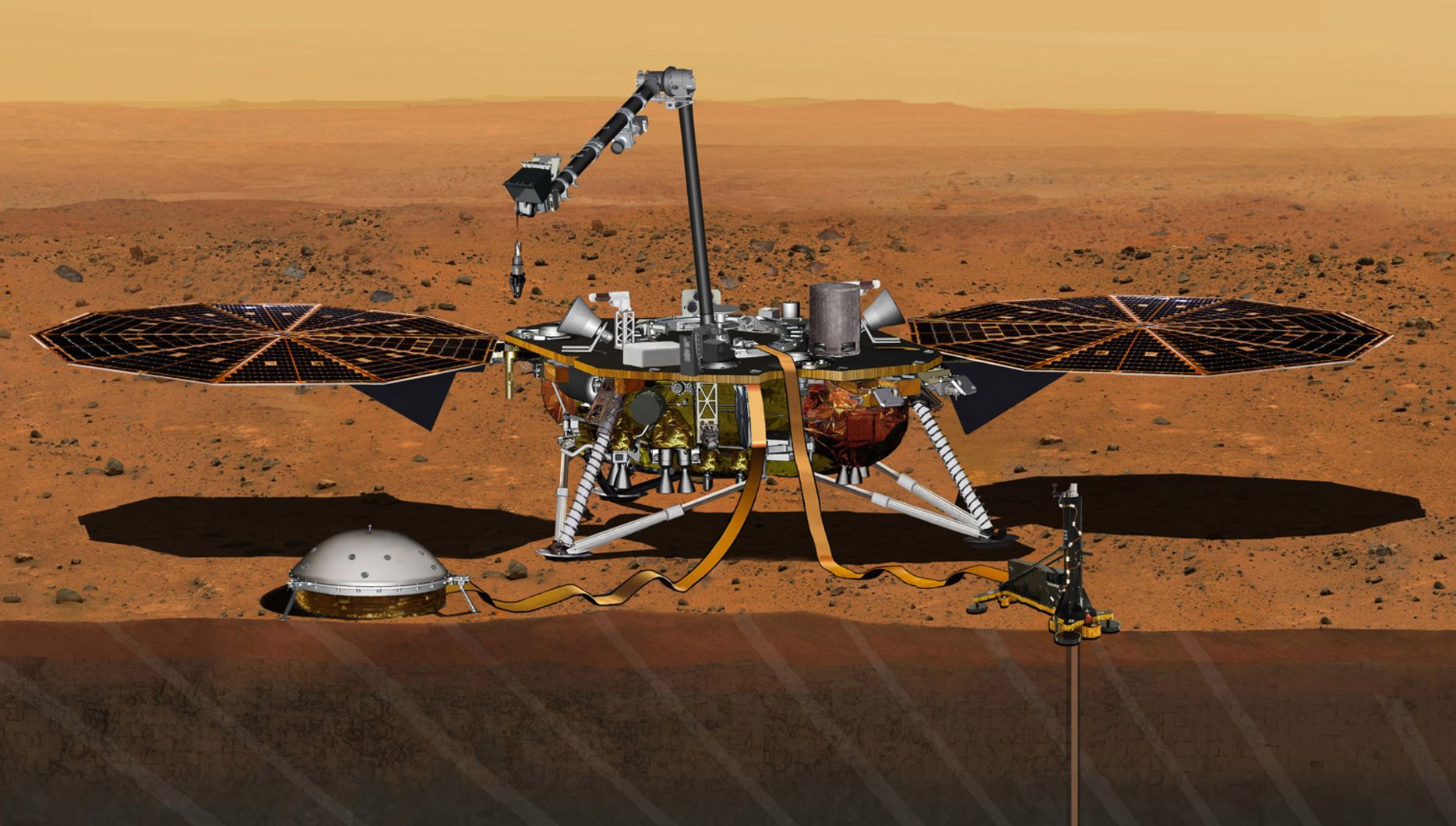Here's why NASA is suspending its next Mars mission
A leak leads to major setback

A leaking instrument has led NASA to suspend its next planned mission to Mars that was set to launch March 2016.
The InSight mission - or the Interior Exploration using Seismic Investigations Geodesy and Heat Transport mission - would have marked the first mission since the Curiosity rover launched in 2012.
It was to involve the Seismic Experiment for Interior Structure (SEIS) instrument, with NASA hoping it would become the "first project devoted to investigating the deep interior of the Red Planet."
"InSight's investigation of the Red Planet's interior is designed to increase understanding of how all rocky planets, including Earth, formed and evolved," InSight principal investigator Bruce Banerdt said.
"Mars retains evidence about the rocky planets' early development that has been erased on Earth by internal churning Mars lacks," he explained.
He added that InSight was built to gain information about the core, mantle and crust Mars, which is "a high priority for planetary science."
A leak causes a snag
The InSight landers SEIS instrument, which was supplied by the French space agency (CNES), measures ground movements, like earthquakes, as small as the diameter of an atom and requires "a vacuum seal around its three main sensors to withstand the harsh conditions of the Martian environment."
Sign up for breaking news, reviews, opinion, top tech deals, and more.
Unfortunately, a leak was discovered earlier this year that prevented the vacuum to seal, and while it was thought to have been repaired, the instrument again failed to hold a vacuum during a test on Monday, December 21.
"We were very close to succeeding, but an anomaly has occurred, which requires further investigation," Marc Pircher, the director of CNES at Toulouse Space Centre.
"Our teams will find a solution to fix it, but it won't be solved in time for a launch in 2016."
This is because there is only a few weeks every 26 months where the planetary positions are ideal for a launch from Earth to Mars, so with further testing and investigations now required, NASA doesn't believe InSight will be ready before March 30, when the launch window closes.
But while the InSight mission to Mars may not be delayed to 2018, it should be noted that it isn't the first Mars mission to be delayed.
"In 2008, we made a difficult, but correct decision to postpone the launch of the Mars Science Laboratory mission for two years to better ensure mission success," said Jim Green, NASA's director of Planetary Science Division.
"The successes of that mission's rover, Curiosity, have vastly outweighed any disappointment about that delay."
Image credit: NASA/JPL-Caltech